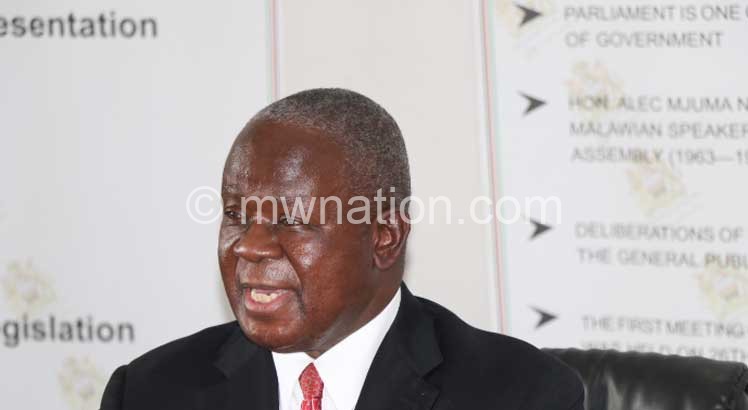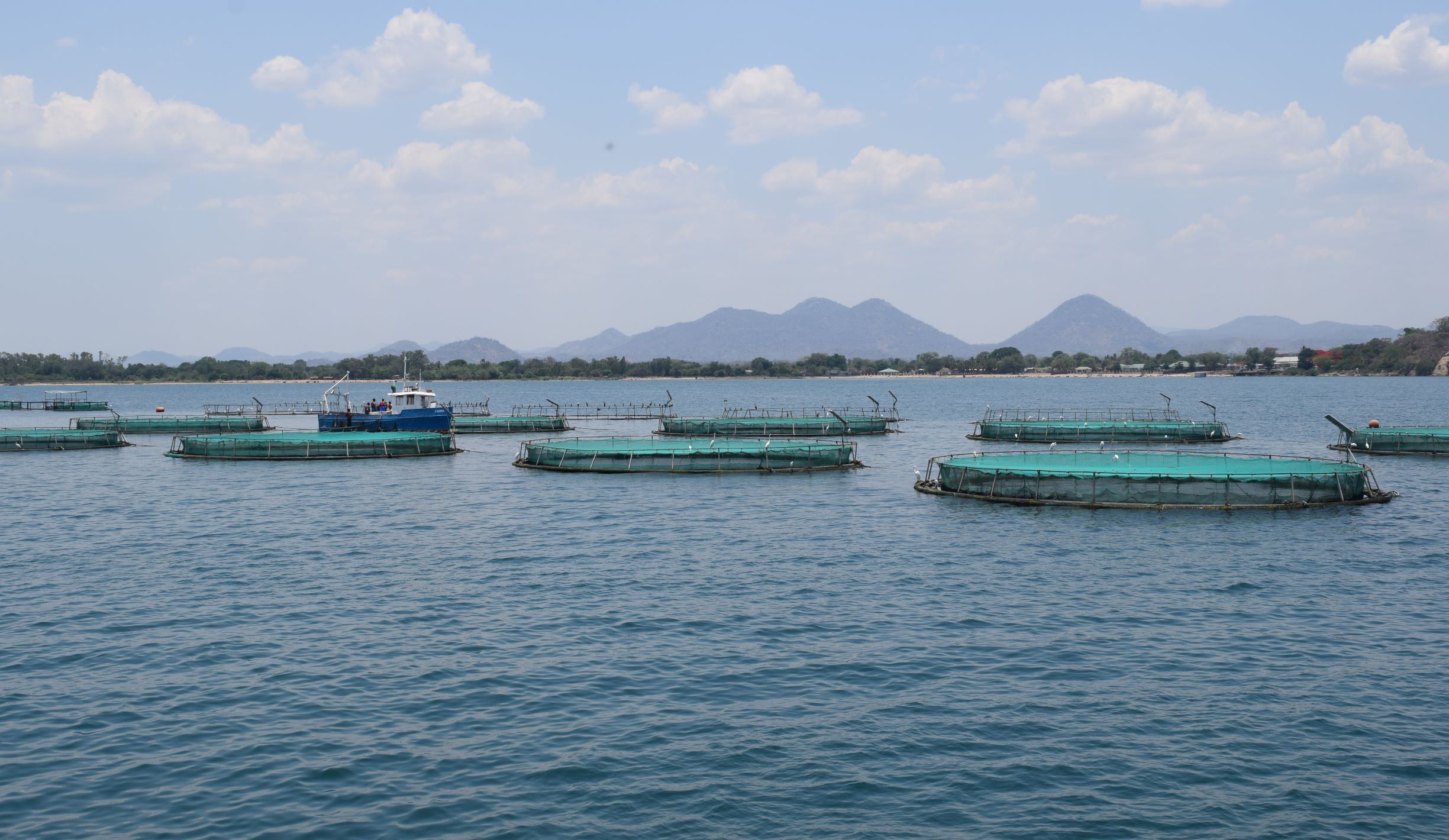Experts push for subsidy exit strategy
Economic and policy analysts have asked the government to devise an exit strategy for beneficiaries of the Affordable Inputs Programme (AIP) which Finance Minister Felix Mlusu has conceded exerts pressure on the budget.
In a joint analysis of the proposed K1.9 trillion 2021/22 National Budget that Mlusu tabled in Parliament, Economics Association of Malawi (Ecama), Oxfam and Lilongwe University of Agriculture and Natural Resources (Luanar) question the rationale behind continued allocation of huge resources to input subsidies to achieve food security and to buy relief maize for the same beneficiaries during the lean period.

Reads the report in part: “It is not sustainable to continuously budget for AIP and purchase maize annually. Government should come clear on when the recipient will graduate from these programmes and become self-sufficient so that the scarce resources can be allocated to other better uses.”
Our analysis shows that between 2005 and 2021, government has spent about K525 billion on the Farm Inputs Subsidy Programme (Fisp) and K142 billion on its successor AIP totalling about K667 billion.
During the same period, government spent K150 billion on procurement of maize for the national grain reserves for distribution to hunger-stricken households.
In their analysis to members the Budget and Finance and the Agriculture committees of Parliament in Lilongwe on Monday evening, a member of the research team Dr. Bertha Bangala Chikadza said the expenditure was not a productive way of using scarce resources.
She said the fact that the beneficiaries are perpetually targeted with both subsidy and relief maize it is an indication that the subsidies have not really helped to achieve food security; hence, the need to rethink their relevance.
But Ntchisi South legislator Ulemu Chilapondwa, a former deputy minister of Agriculture, disputed Chikadza’s assertion on relief maize, saying it does not necessarily target the same beneficiaries under AIP or its predecessor Fisp as it extends to the general population during the lean period or hunger.
In response, Chikadza contended: “If we were able to achieve food security at household level with these subsidies there will be no need to allocate huge sums of money for relief maize. We have the relief maize targeting millions because we are unable to achieve food security with subsidies.”
The analysis further urges government to consider putting more efforts to areas that will improve agriculture commercialisation and “to achieve pillar number one of the 2063 Agenda of having an optimally productive and commercialised agriculture sector”.
In his policy article Rethinking Agriculture Subsidies posted on Mwapata Institute website, associate professor Daimon Kambewa from Luanar’s Department of Agriculture Extension, supports the idea of graduating subsidy beneficiaries.
He also proposes that farmers should be organised into clubs that should eventually graduate into associations and cooperatives. He argues that the farmer organisations are important for strengthening the marketing of farm produce and empowering them to access inputs on their own.
Meanwhile, the Ministry of Agriculture has said while government appreciates suggestions on subsidies brought forward by various stakeholders, it believes that a time will come when farmers will graduate from relying on subsidies.
In a written response yesterday, the ministry’s spokesperson Gracian Lungu said the ministry will try its best to align its priorities to the Malawi 2063 agenda.
He said: “World over, subsidies are done even in developed countries. Since this subsidy issue is also in the manifestos of major parties in the [President Lazarus] Chakwera administration, as a ministry, we will try our level best to align our priorities to what the Malawi leader wants.”
But Lungu said the ministry will, going forward, focus on diversification to ensure that all areas are developing as a whole.
“Currently, we are also at an advanced stage in the agriculture commercialisation drive through the Agcom (Agriculture Commercialisation project) where we have been giving out grants to farmer cooperatives to help in implementing their business plans so that farming should be a business,” he said.
Speaking during a post-budget meeting with Ecama and the private sector in Blantyre last Friday, Mlusu also said the AIP was derived from election campaign promise; hence, government could not just scrap it.





